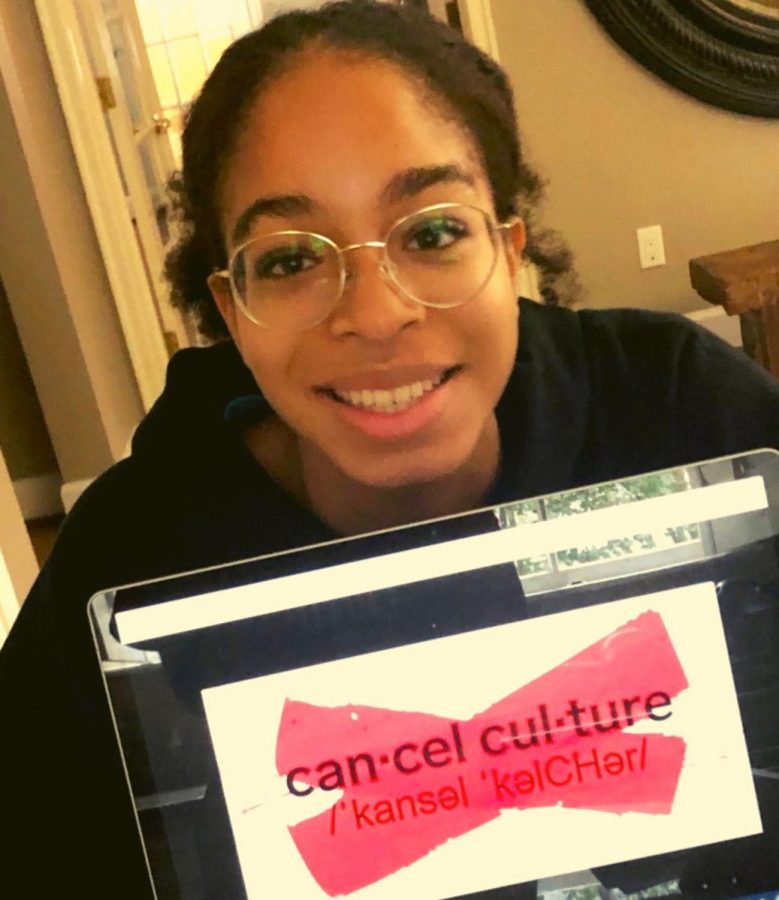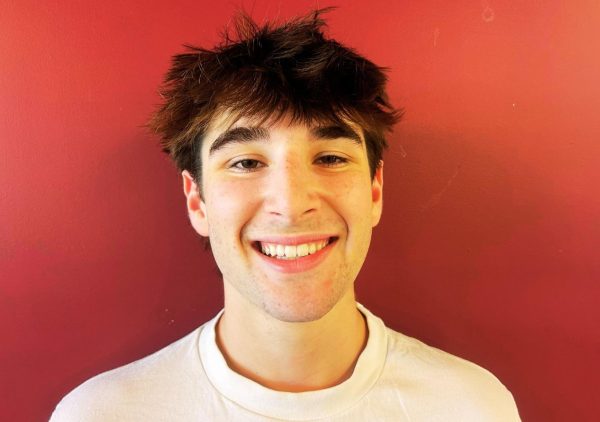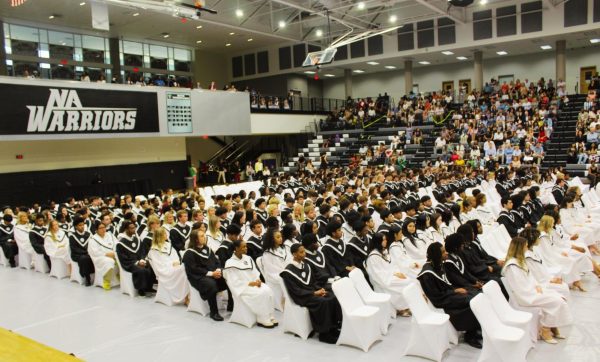Cancel Culture: Yea or Nay?
Media Madness: Sophomore Lyric Hoover condemns cancel culture as ineffective and harmful.
Is cancel culture toxic? That’s the question asked and answered thousands upon thousands of times since the term first surfaced in modern media. But a different question should be asked instead: Is cancel culture effective? In theory, the purpose of cancel culture is to hold people accountable for their actions. But does it actually serve that purpose? In my opinion, and in the opinions of many other NAHS students, the answer is no.
Nobody ever talks about the real problem of cancel culture: it often does nothing to hold celebrities accountable for their actions. When a celebrity is cancelled, they are often shamed and attacked, but not in a way that actually holds them accountable. Rarely are they ignored altogether; instead, they’re given more attention, to the point that some celebrities even benefit from cancel culture. When TikTok star “Lilhuddy,” or Chase Hudson, was “cancelled” over saying the n-word, the incident became a meme, with people jokingly dubbing him “black king” and spamming his comment section with the black man emoji. Even over a year later, the joke persists, bringing him more attention and thus more money. Another example is media personality Trisha Paytas, whose entire image is defined by controversy. She profits off of being “cancelled,” using the controversy to stay relevant, and has also become somewhat of a meme on various social media platforms. Both of these people are actively benefiting from cancel culture.
To an extent, this also applies to the slander and hate aimed at “cancelled” celebrities. When someone posts or comments an insult directed at the celebrity in question, it’s still bringing them more attention. Bad publicity doesn’t exist; any press is good press. That’s why cancel culture should be eliminated as a potential way to produce positive change.
Another intended purpose of cancel culture is to deter celebrities from making the same mistakes as those who were previously cancelled. But that doesn’t mean that they aren’t secretly doing those things; they just make sure that it never gets on the Internet. Most people who have been cancelled, like Kevin Hart and his homophobic tweets, were only cancelled because something they had kept hidden was revealed to the Internet. The only difference from them and other celebrities is that now other celebrities are more careful about what they allow to go on the Internet. Generally, cancel culture doesn’t hold people accountable for their actions, it holds them accountable for getting caught.
It also must be questioned whether or not the general public has the right and the moral basis to decide that a celebrity has done something worthy of being cancelled. Sending death threats, which is something frequently done to people deemed “cancelled,” does not indicate stable or ethical judgement. In addition, without knowing the full extent of the situation, bystanders cannot accurately gauge it. For the same reason, they cannot form a serious opinion on the sincerity of a celebrity’s apology or on their degree of regret. That inability further negates the effectiveness of cancel culture
Ultimately, my final verdict is that cancel culture is ineffective and does not serve its intended purpose of promoting positive change.












